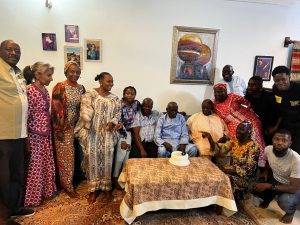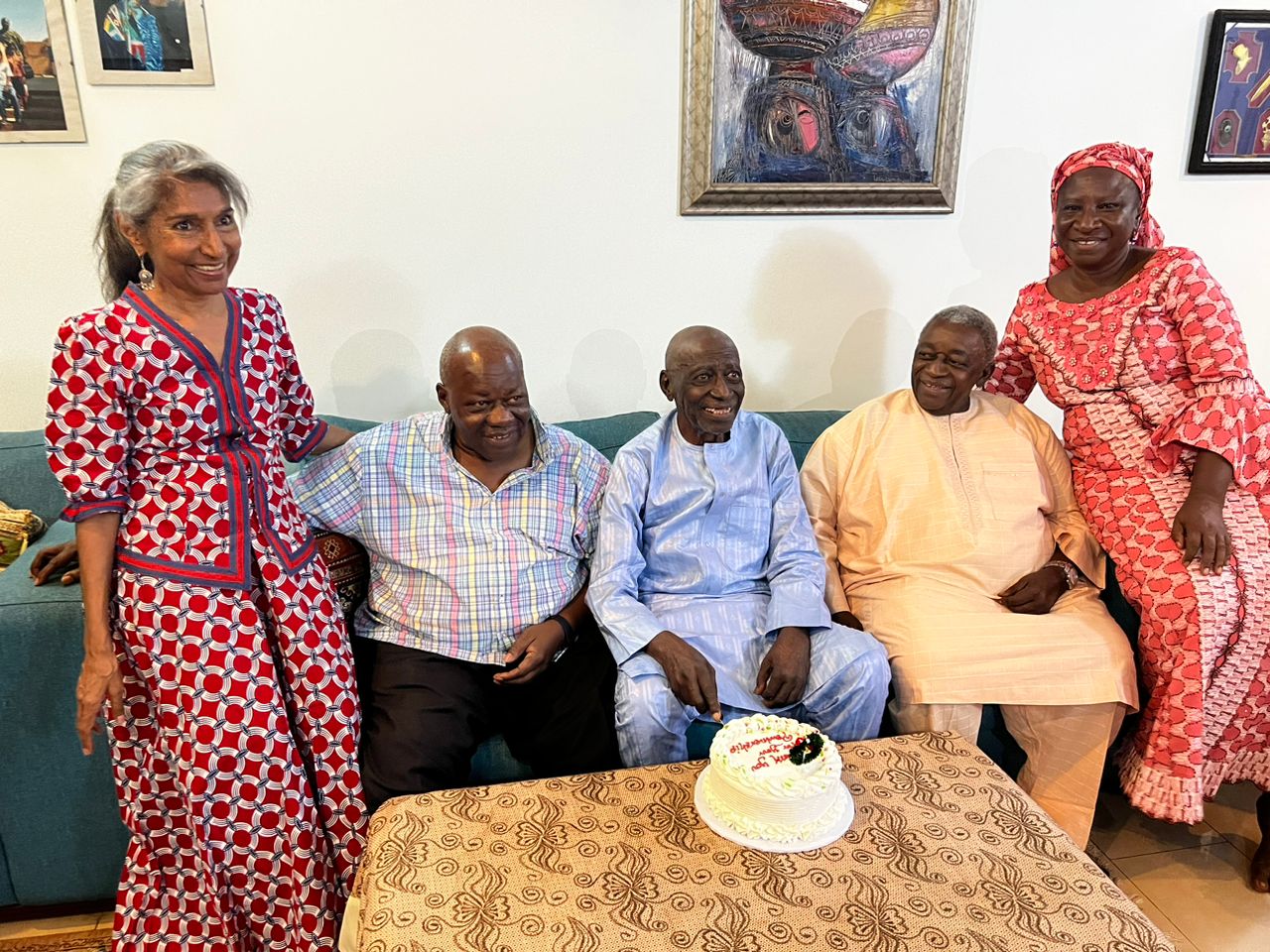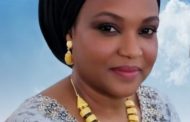A former Rector of the Kano State Polytechnic, former Executive Secretary of the Kano State Scholarship Board and the Kano State Pension Board is dead. He is Mallam D. S. Ibrahim.
A family statement by Prof Jibrin Ibrahim stated that Mallam passed on May 23rd, 2025. Born December 22nd, 1938, It means that he would have been exactly 87 years by December 2025.
Dan Masanin Wusasa spent most of his career at the Ministry of Education, Kano although he was also a one-time Director at the Ministry of Justice.
At his 85th birthday anniversary on December 23rd, 2023 in Abuja, celebrants heard a lot about the courage, confidence and influence of the D. S Ibrahim’s generation of civil servants in the old Kano State. Published below is an abridged version of Intervention’s coverage of that birthday:
The North, Marxism and ‘Jibo Must Pay’ On Our Minds at the Joyous Night for D. S. Ibrahim @ 85
It was a joyous but also painful evening. Joyous because junior brothers, grandchildren, in-laws and friends of the family gathered to celebrate a remarkable individual at 85. Painful because this same individual became a reminder to the chatting parties at the table about how far Nigeria has departed from the standards the man and his generation established and the replacement of those standards with unspeakable uncertainty and chaos for the majority. The traffic to the venue of the birthday session for D.S. Ibrahim around 8.00 pm that evening conveys the chaos in the entire Nigeria today beyond the road. Chaos on the road is always a reflection of systemic chaos in any society.
The chatting on the long table could not escape these issues thrown up by the life and times of D. S. Ibrahim, an indigenous Christian Kano man whose religious identity did not become a roadblock in the old Northern Nigeria. In fact, beyond family members, no one knows, no one asked and no one appeared to care that the initials stand for Danlami Samuel.
Intervention learnt that a graduate, he was among the set sent to the UK in the late 1950s by the Sardauna regime to train. He counts among his students Ibrahim Shekarau as well as Rabiu Musa Kwankwaso, gentlemen who became governors of Kano State and related to him as an institution in his own right. Shekarau and Kwankwaso are just two examples from a long list of his students just to make the point. A longer list of his former students is obvious for someone who taught at Rumfa College, one of the finishing schools in the North in those days. Then moving to Bauchi before returning to Kano with the creation of States in the mid-1960s. D. S. Ibrahim was a classmate of Justice Uwais at the Provincial Secondary School, Zaria, now known as AlhudaHuda Secondary School, Zaria.
He is remarkable not because his students became governors or anything else other than that by the time he retired from public service, he was a member of what was known in the language of hierarchy as the ‘Special Room’. These were individuals that the powers that came and went dared not trifle with, not because of any private armies or foreign account but simply in terms of their referentiality, individually and collectively, on matters rigour, procedure, standards, propriety, and competence.
The question is how did they achieve such mystique. Comrade John Odah argues that they did so because they lived a disciplined and contended life. Odah implied that, without the hassles that come with self-aggrandisement, their immune system never collapsed every now and then and they could be spent at 85 but not sick or mentally challenged.

Surrounded further by everyone else in the larger family. Pix by Cde John Odah
There is no doubt that the system still has a few legates of the members of the ‘Special Room’ but nothing much beyond that. Many states in Nigeria, especially in the old North have nothing that anybody can, in good conscience, call a civil service. A gentleman complained very bitterly recently about his governor. But I understand your governor is a gentleman, not a hustler, I said to him. Yes, came the reply. He is trying to get things done but he has no civil service. And he explained what he meant by that. There is a state in the Northeast where what constitutes the civil service is absolutely nothing to write home about.
Although the entire Nigeria is locked into a free fall in terms of the standards at independence up to the military take-over in 1966, there is a dimension of the collapse peculiar to the old North. Tragically, nobody is talking about it. Yet, the rest of Nigeria cannot leave the North behind in the age of deterritorialization. In case they are thinking so, they should ask Europe how impossible it could be, even with the most advanced border policing tactics and technologies.




























